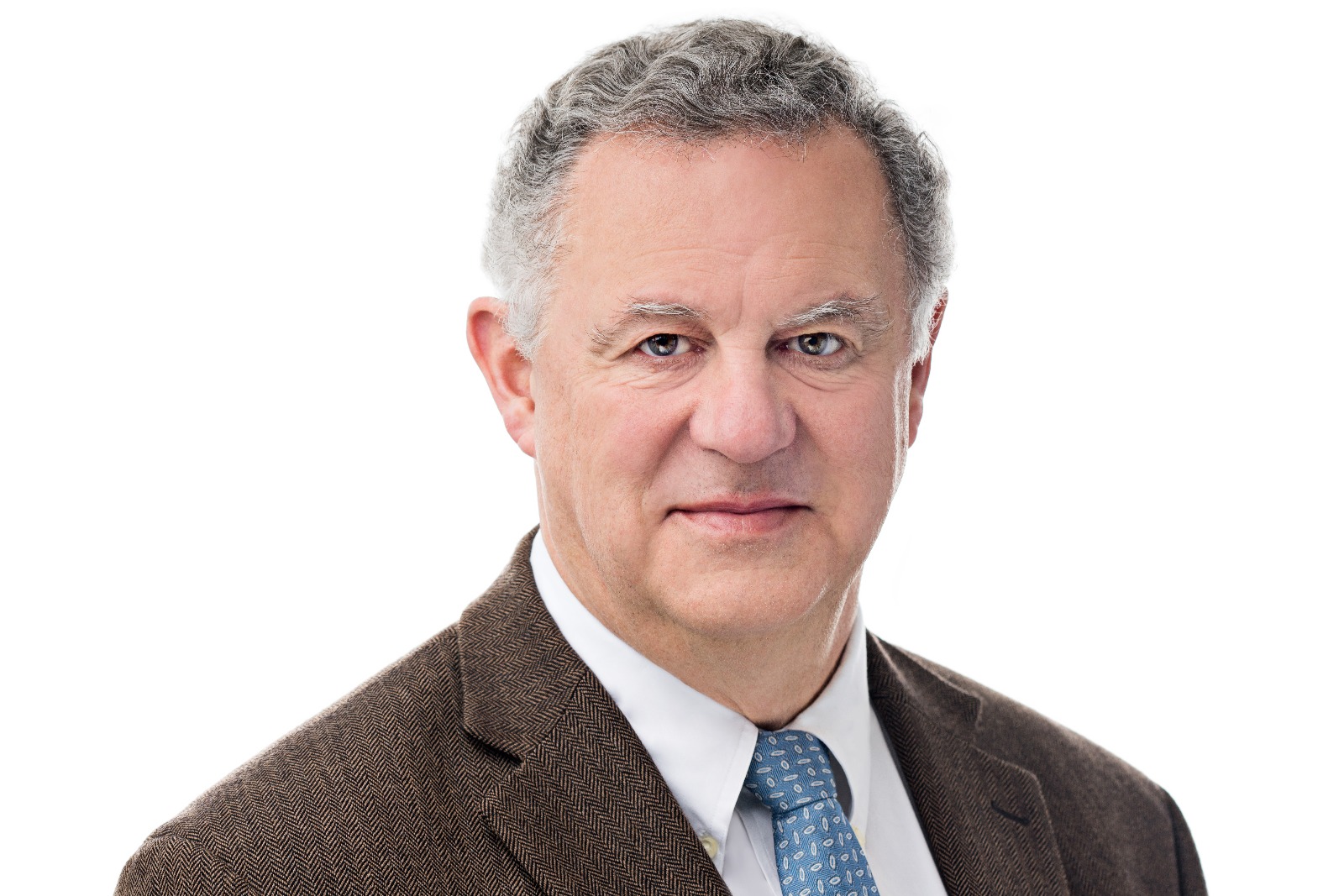Ramon Esteve, President STSA – Florence Schurch, Secretary General STSA
It is no exaggeration to say that over the past three years, the world has been changing significantly. The scope of the issues we have encountered has been wide. Starting from the COVID-19 pandemic and the disruption in supply chains caused by the lockdowns in China, to the maritime accident in the Suez Canal that made us realize the fragility of our circuits. Without forgetting the war in Ukraine and the sanctions imposed on Russia, each solution to the different crises demanded merchants to reinvent themselves relentlessly, such as by modifying their supply channels to continue supplying their customers and the benefiting populations.
However, in this process of perpetual reinvention, the unvarnished role of the merchant has always, and necessarily so, remained the same. To put things into a more linear perspective, their essential role is that of a logistician: they seek commodities in countries with a variety of political systems and regulations, and then supply these to where they are needed.
These commodities are sourced from producers in Africa, Asia, or Europe, who are rarely able to sell their goods directly to the end-consumer. They all need merchants, who are willing to assume the responsibility for the commodities in the intricate process of buying, financing, transporting, insuring, and finally selling to a buyer.
Whilst engaged in this process, merchants are likewise needed to mediate the opposing interests of farmers and importers. They are the buffer that maintains price stability by assuming market risks all along, from production to consumption.
But their expertise is not limited to being intermediaries, as they must also undeniably be rapid problem-solvers. After the pipeline rupture in the North Sea, traders found new solutions with importing liquefied natural gas (LNG) from principally the U.S. and Qatar, building new terminals in Europe to receive LNG tankers, and they thusly ensured the energy supply to Europe. Likewise, they worked through opening a safe corridor in international waters in the Black Sea to continue exporting Ukrainian and Russian cereals and grains.
For political expediency, governments have made ambitious commitments to a transition towards renewable energy supplies without considering the effective environmental impact of metal mining and processing. The result has been price instability on top of the inflationary surge we are currently experiencing.
Yet again, merchants are stepping in as pioneers in energy transition whether from solar, wind, or water. They train small-scale producers in Africa, Asia and South America on soil conditioning, while at the same time continuing their major efforts to improve agricultural practices and combat child labour in collaboration with NGOs.
In this magazine, you will hear from different writers, coming from different backgrounds, that over the last three years, as always, commodity traders have been at the heart of change. Traders are certainly one of the constants found in the solutions to seemingly ever-appearing crises. The world of tomorrow will not be the same as the world of today. We will need their knowledge, experience, and practice to supply the world by answering the trilemma: how to supply in a more secure, more affordable, and more sustainable way?
